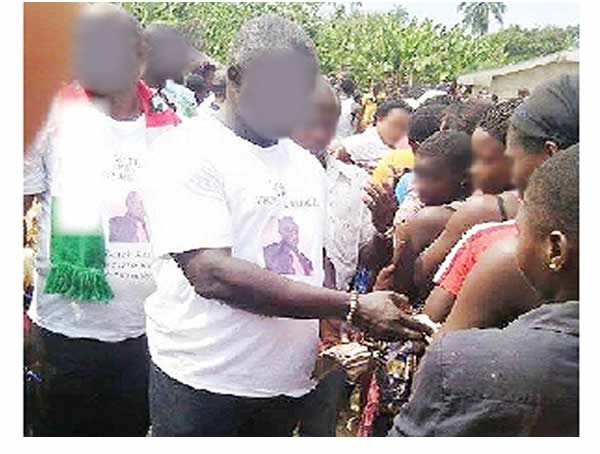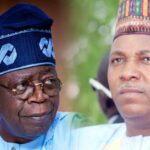
Participants at a forum seeking significant electoral process reforms have recommended the criminalization of vote buying and selling as well as delegate inducements with strict enforcement of penalties.
According to them, such culprits should be prosecuted through collaborative efforts of relevant agencies, including the Police, Economic and Financial Crimes Commission, Independent Corrupt Practices and Other-Related Offences Commission, and Independent National Electoral Commission.
They also recommended enforcement of the Electoral Act 2022 and regulations of INEC and guidelines to ensure fairness and equity.
Specifically, the stakeholders demanded the reform of the process of emergence of candidates with a specific focus on the quality of delegates that would participate in the selection of candidates during party primaries, saying only primaries monitored by INEC should be accepted.
They included a former chairman of INEC, Prof. Attahiru Jega; former INEC National Commissioner, Amina Zakari;
Chairman of The Electoral Forum, Prof Bayo Olukoshi; former INEC National Commissioner, Prof. Anthonia Simbine; former Business Editor of The PUNCH, Dr. Everest Amaefule, and Okechukwu Ndeche.
They recommended during the 6th technical session of TEF held on zoom with the theme: ‘Reflection on post-political Party Primaries Electoral environment: Scenario planning.’
The details of the meeting, which was supported by OSIWA, signed by Olukoshi, and obtained by journalists in Abuja on Monday, focused on the conduct of political party primaries emergence of candidates for the 2023 election, and recent Ekiti and Osun States governorship elections.
The statement read, “Vote buying and selling, as well as delegate inducements, should be criminalized with strict enforcement of penalties through collaborative efforts amongst relevant agencies including Police, EFCC, ICPC, and INEC.
“Further amendment of the Electoral Act is required in some key areas including the delegate selection process to ensure the quality of delegates, and address vote buying and selling, amongst others.
“INEC and CSOs should develop and promote a programme of education on the new Electoral Act so that the voting public and other interested stakeholders have a full and much better understanding of the provisions of the Act.
“Firm, consistent, and uniform enforcement of the Electoral Act and INEC’s regulations and guidelines to ensure fairness and equity. INEC should ensure parties submit membership register and delegate lists (situations of indirect primaries) timely to enable proper verification of the names submitted. And only primaries monitored by INEC should be accepted.
“There is a need for the reform of the process of candidates’ emergence with a specific focus on the quality of delegates that would participate in the selection of candidates (party primaries).
Beyond the election period, there is a need for a deeper and more regular public education on the Electoral Act INEC’s regulations and guidelines and the electoral procedures by INEC, parties, CSOs, and National Orientation Agency.”
During the technical session, the forum members discussed extensively how presidential candidates emerged and how the two recent governorship elections were conducted.
The meeting commended the many progressive provisions of the new Electoral Act 2022, the conduct of party primaries by some of the political parties, the supervision of the Ekiti and Osun governorship election, and security agencies during these electoral activities.
The stakeholders also expressed concerns about the integrity and survival of our democratic system and agreed that the Electoral Act 2022 requires a further amendment to safeguard the process.
Participants particularly noted issues of the nomination of candidates and election of delegates as very important aspects of the electoral process and should be conducted appropriately.
On the Ekiti and Osun States governorship elections, they commended INEC for the successful supervision of the elections.
“There is clear evidence that our elections are getting better although still challenged by vote-buying and selling. All stakeholders did better – INEC, security agencies, and the electorate.
“Voter mobilization had improved with a higher turnout of 54.48 percent turnout in relation to PVC collection. The Forum expressed concerns about vote buying and selling and the high number of rejected votes. For instance, 18,674 invalid votes/rejected votes were recorded during the Osun election”, they said.





